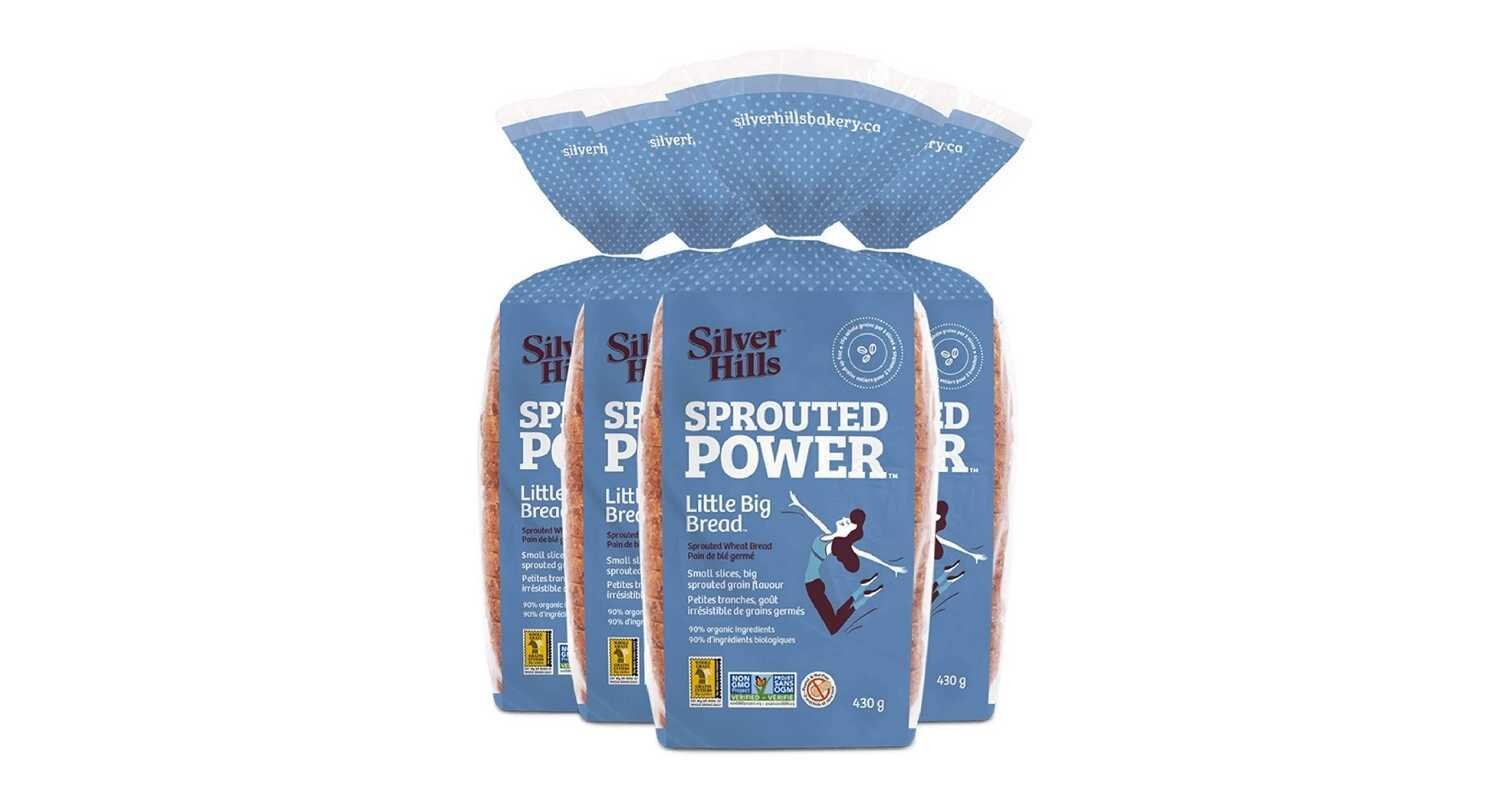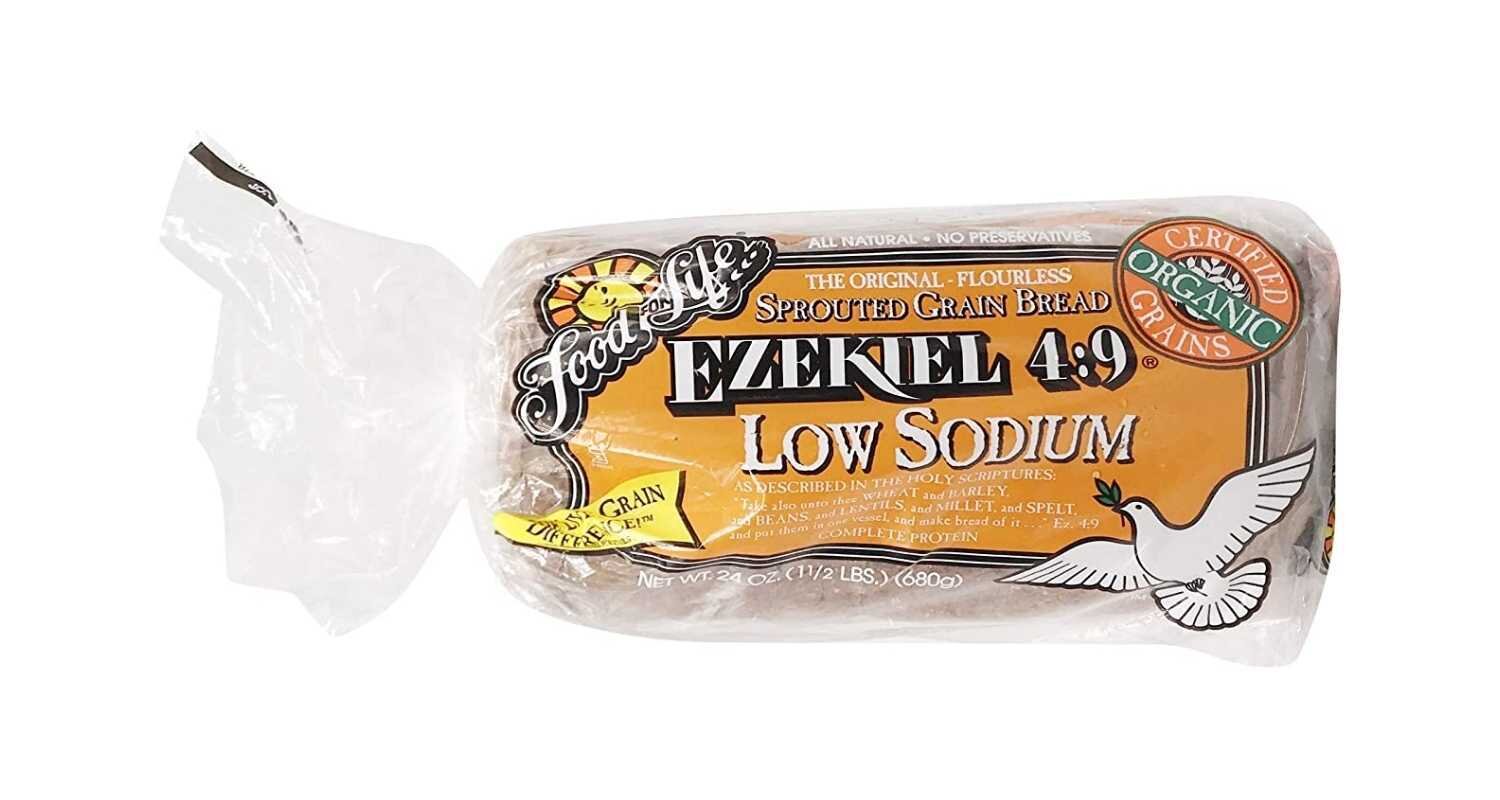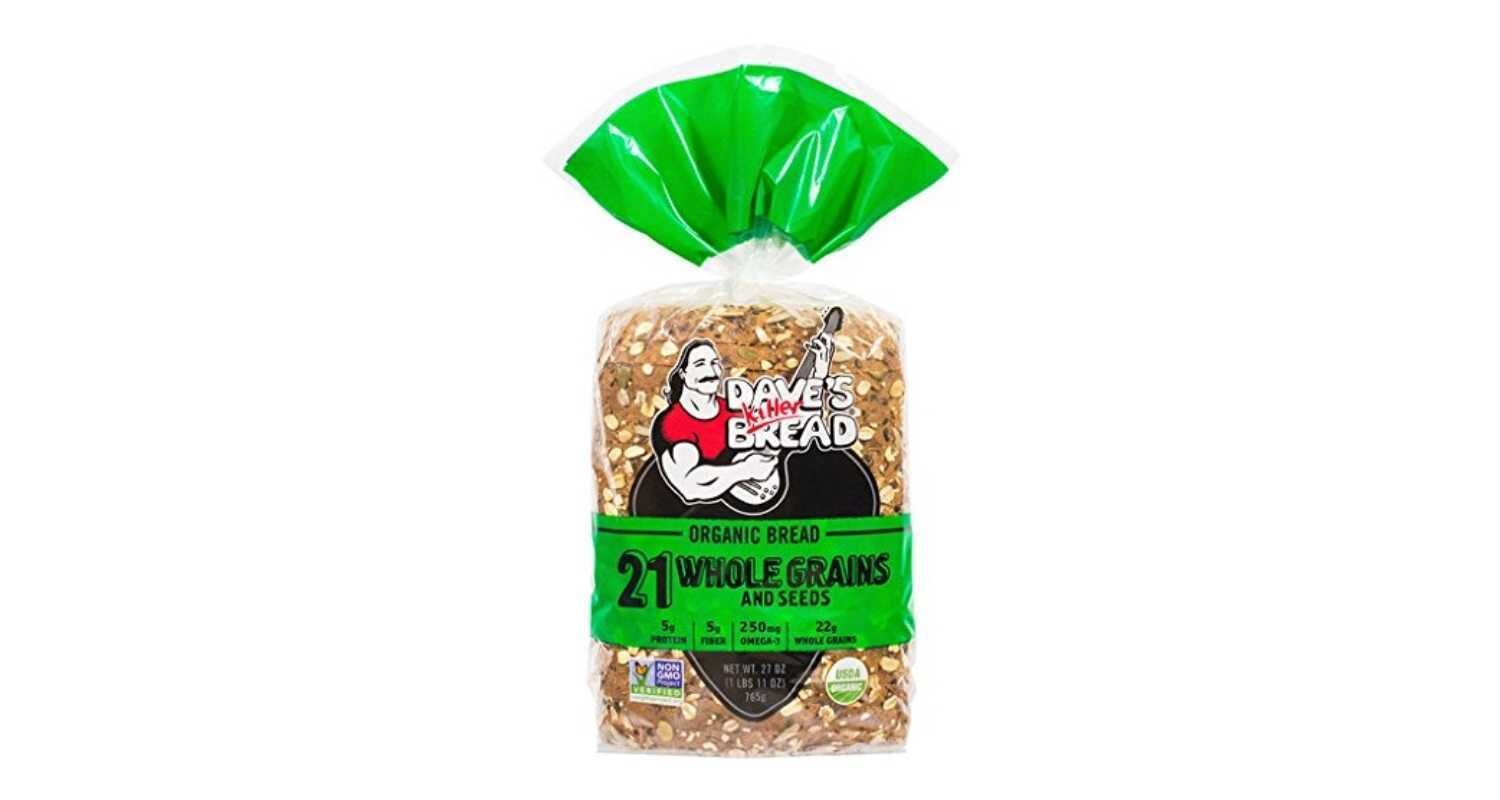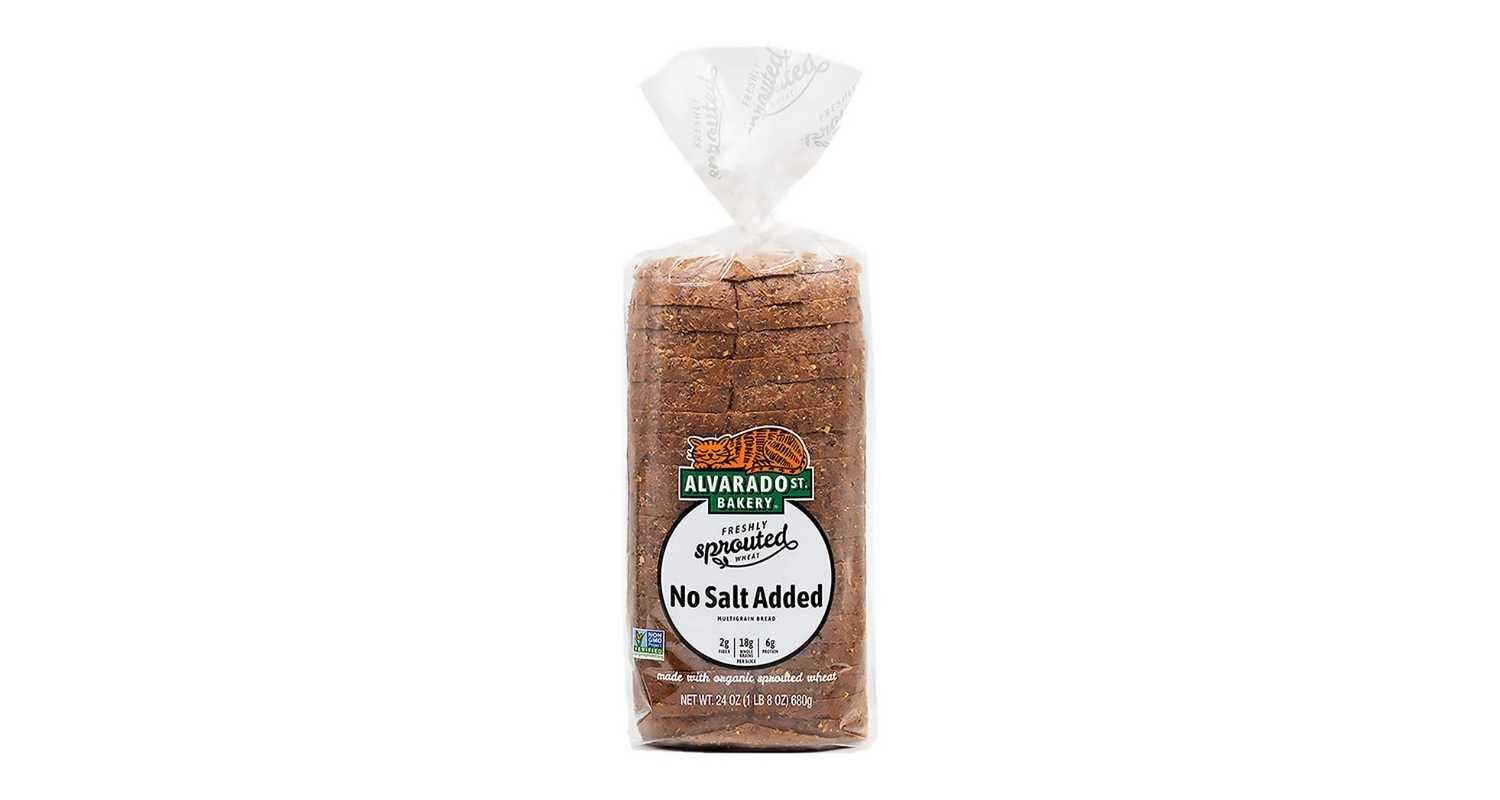Is Bread Vegan?
Generally, yes — most bread is vegan! However, like most processed foods, there’s always a chance some unnecessary additives or ingredients found in your favorite loaf could be of animal origin. So, how can you tell which are cruelty-free, and which are better to leave on the supermarket shelf?
Questionable Ingredients in Commercial Bread
Traditional bread is made with five key ingredients: flour, water, yeast, sugar, and salt. The problem is, although some bakeries and home cooks do stick to the original quintet, any mass-produced loaf will typically contain additional ingredients in order to preserve their freshness or alter their texture/flavor.
Some obvious animal-derived ingredients in bread include eggs, milk, or even honey. That said, there are also tons of complicated ingredients that may also be derived from animals, frequently tested on animals, or that contain palm oil, another controversial ingredient for vegans. Our advice is to not put too much thought into complicated additives, as this can become very overwhelming, especially for new vegans. By focusing on avoiding milk, eggs, and honey, you’re already doing your part, and making the vegan lifestyle much more sustainable for your busy lifestyle!
A good rule of thumb is to avoid overly-processed foods in general. However, we can’t ignore the fact that commercial products tend to be more affordable and accessible to most. With this in mind, check out some of the possibly animal-derived additives you may find in many commercial loaves below.
Lactic Acid: This acid is commonly derived from fermented sugars, although it can also come from a dairy source.
Ascorbyl Palmitate: Derived from either palm oil or stearic acid, this antioxidant can be of vegetable or animal origin.
Lecithins: Sometimes derived from eggs.
Calcium lactate: Since it’s derived from lactic acid, this additive could be dairy-based.
Sodium stearoyl-2-lactytate: Since these emulsifiers/thickeners are derived from stearic or lactic acid, they could come from an animal source.
L-cystine hydrochloride: Often obtained from duck/chicken feathers or pig bristles.
The Bottom Line
We understand — it’s upsetting to think about the origins of these ingredients, and the suffering that could have been imposed upon an innocent animal in the process. It’s important to keep in mind that veganism is about minimizing animal harm in all ways possible and practicable. So, if you don’t have access to an entirely animal-free loaf, you don’t have to skip your lunchtime sandwich entirely! Go for the best possible option you can comfortably afford, instead. Thank you for putting so much effort into helping our animal friends, and the best of luck to you on your vegan journey!





